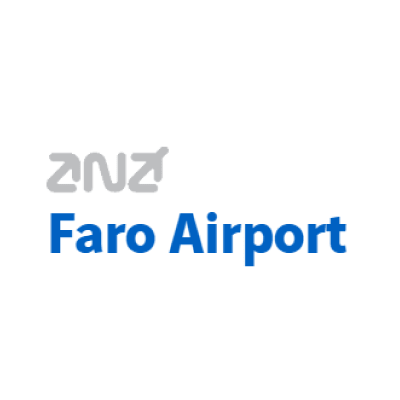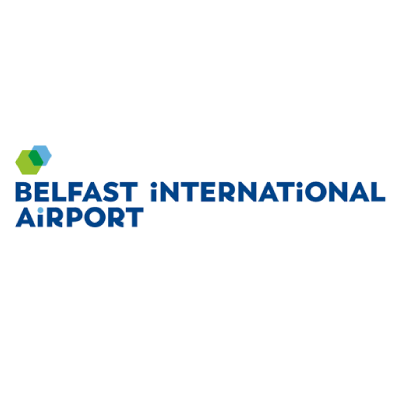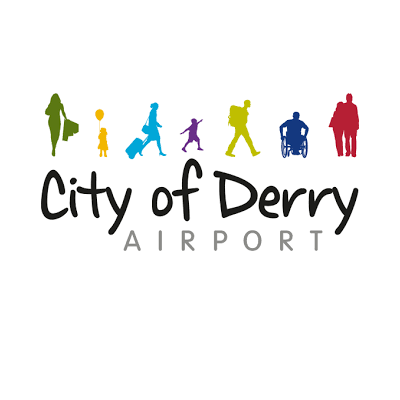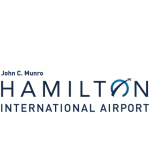The travel industry is a firmly established online market with two well-documented peak times each year. The winter holiday season is now over and customers traditionally begin looking towards their summer getaway in January. But 2019 is turning out to be a little different due to Britain’s exit from the EU.
Whilst it’s already clear this will be a year like no other, The Kuoni Worldwide Travel Report 2019 offered some reassurance, confirming that holidays are, “not something that people will forgo easily”.
Kuoni’s report showed that January remains the peak booking month for summer travel. But there were also strong indications that holiday sales in 2019 would be more evenly spread throughout the year as people wait to understand the full implications of exiting the EU. Figures from Travel Weekly confirmed that early bookings from UK consumers were strong for summer 2019, with reservations up 4% on the same time in 2018. In November 2018, the ABTA Travel Trends Report 2019 also backed Kuoni’s positive view, stating that Britons were firmly committed to taking holidays, in spite of political uncertainty, and that forward bookings for Summer 2019 were up 12% on the previous year. Cohesive with this were finding from Travel Weekly that 86% of holidaymakers plan to take the same number of holidays abroad (or more) than they did in 2018.
The two main peak booking times still stand, but it hasn’t all been plain sailing this year for summer sales. Despite findings from ABTA that, “Europe is the number one destination people wish to visit in 2019,” January saw scare stories about cancelled flights and invalid passports in the wake of Brexit, and these caused a sharp dip in bookings at a normally busy time. Compared to the same weeks last year, sales dropped off by around 10%.
It’s clear that 2019 is an unusual year for Travel. There is an advantage for UK destinations as the weak Pound draws holidaymakers from Europe and beyond, but European destinations are still attractive. According to Lastminute.com, bookings for French getaways by UK travellers are down 11% on the same time last year, but bookings to Spain are up almost 35% for the same period.
All this seems to confirm Kuoni’s prediction that bookings will even out throughout the year. Many people who normally book in January may still be hesitating to confirm their holiday, meaning that this is a perfect time to re-engage with travellers.
Who to target:
The successful travel campaign will target customers who will be travelling at peak times, and sell to them when they are looking to buy. The most reliable route to improving sales therefore lies in understanding when they are looking to purchase, and the messages that will resonate with them.
Market-wise not a lot has changed since 2018. There is still huge potential in the millennial generation (those born 1981 to 1996). For this group happiness is not centred on material possessions, but in driving an economy focused on experiences. This is reflected in the trend towards unusual destinations and eco-conscious travel.
For families, strict school attendance regulations in recent years means it’s no longer easy to cut costs by travelling outside of peak times, and the all-inclusive holiday is more popular than ever.
The political landscape may require careful navigating, but as always, people want to go on holiday. As travel firms rally to reassure Brexit fears, let’s look at some points to consider for your peak time marketing:
1. Be family orientated
According to market research experts, GfK, all-inclusive holidays are expected to perform well in 2019. Despite the damage caused by passport scares, family bookings remained 7% up year-on-year for the season, and all-inclusive bookings were up 10%.
Customers are keen to manage their budgets and protect themselves from a volatile GBP, and simple ideas will win sales. But make sure to develop your special promotions and family focused deals early to give time to market them effectively. Cross-sell relevant products, offering discounts on ancillaries such as family-friendly attractions and activities. Small concessions such as offering all-inclusive drinks and ice cream for children will save families a lot of money.
The desire to get a value-for-money break is a growing priority, due to stretched household budgets and the continued weak Pound. Package holidays are likely to prove a popular choice in the search for good value. ABTA’s report confirms that, “increasing numbers of holidaymakers look to a package for a good value break, recognising it is often the best option for price, as well as appreciating the ease and consumer protection that comes with it.”
2. Offer reassurance
The drop in bookings during January 2019 illustrates the fragility of consumer confidence, so it is vital to reassure customers that their holiday is safe. The benefit of consumer protection that comes with package deals can now extend to flexible and tailor-made holidays like Kuoni’s Meraki Travel and Solo travel specialist Just You. Travellers who want a bespoke trip can now enjoy the protections and reassurances of a package if they book services together in the same purchase. Make sure your promotions come with guarantees and advice about how travel may be affected by leaving the EU. Link to an FAQ page or set up a chatbot to deal with customer concerns.
3. Plan a Personalised Campaign
Today’s customer expects a personalised experience. According to email marketing experts Pure360, 93% of companies see an uplift in conversion rates from personalisation. As far back as 2015, holiday firm Thomas Cook saw a rise in all-inclusive bookings after shift towards customer focus with the slogan, “Leave it to us. You’re on holiday.” More recently, travel companies have been exploiting social media sites such as Instagram, collecting user-generated content such as travel photos and videos to create campaigns.
In 2016, Virgin Holidays built authentic ‘real’ experience into their advertising in a World first: a live ad, showing real-time holiday experiences. Virgin’s ‘Seize the Holiday’ video demonstrates that the whole world is out there, galvanising customers to invest in long haul travel.
In 2018, Virgin Atlantic upped the ante for its January sale with a campaign featuring conscious personalisation. The advert script is programmed with rules to control the audio. Each of these rules corresponds to a dynamic data point, creating over 24,000 possible versions of the ad, so that listeners hear the version that is most relevant to them.
Social media offers a fantastic opportunity to engage holidaymakers in your brand. Personalise your campaign by encouraging your customers to get involved. The more fun and innovative the experience is, the more likely they are to share it.
4. Hit key emotions
Customers will normally make a decision emotionally before justifying it rationally. A successful peak-time holiday campaign should be emotional. Focus on the feelings, in particular the feel-good element of a summer holiday: Relaxation, fun, sun, luxury and pampering. Thomas Cook’s ‘A Film about a Smile’ is a brilliant example. The tagline, “Discover your smile,” plays on the contrast between the mundane gloom of everyday life and the holiday, and makes it impossible not to really want that holiday!
In 2018, a destination advert for Quebec featuring a blind tourist experiencing the ‘sights’ went viral. The advert brilliantly described how travel is about something deeper than what we usually see featured on social media feeds.
Another area where emotion is increasingly focused is eco-consciousness and sustainable travel. Millennials and Gen Z – generations who make up a significant proportion of travellers – want to feel good about their purchases and so sustainable travel is on the rise. Research from Booking.com shows 2019 as the year of the conscious traveller, with issues from equality and human rights to environmental concerns influencing people’s decisions about travel destinations.
According to the survey, almost half of travellers will consider social issues before deciding on a destination, and increasingly people are engaging with ‘responsible’ holidays.
5. Understand the potential of email
Email presents excellent opportunities to nurture existing customers, to build brand loyalty and to cross-sell other travel products, but the seasonality of email works differently from online searches. At peak times, customers are more likely to be directly searching for last-minute deals online than reacting on a Call-To-Action in an Email. Again, Experian’s 2015 Marketing Insights Calendar cites specific dates for email marketing, suggesting campaigns as early as January 2nd ahead of peak demand and directly following the May bank holiday. The 2019 marketing insights calendar from Hitwise confirms the January upsurge in advance holiday bookings, and a surge in peak time holiday searches in June and August.
Rezcomm has access to the data of a quarter of a billion passengers worldwide. Our CRM system and email marketing support will allow your airport to optimise the timing of your email campaigns to attract peak-time bookings.
6. Know your key marketing dates
No matter how great your marketing campaign, if you release it at the wrong time with the wrong focus it will fall flat. Business Solutions experts Brite Advice have published a list of key marketing dates which offer useful insights not only for when to market, but which type of holiday customers are looking for. Brite Advice sites May 30th, which is the second bank holiday in May and falls after payday for most working professionals, as an optimum time to promote short breaks.
Marketing for the travel industry’s summer peak traditionally starts as early as January. Analysis from online Digital Media publication Fourth Source covering 2013-2015 shows how data can give significant information on booking and travel patterns. As travel is a mature online market, the information given here can be seen in light of established trends that are as relevant for 2019 as they were in 2015.
This is a prime example of how Rezcomm’s sales and marketing solutions can give access to directly relevant customer data. By using Rezcomm’s integrated software within your website, you will begin to build a clear picture of customer patterns that can be analysed alongside industry trends to pinpoint marketing dates.
Rezcomm has many satisfied clients in the air travel industry. If you would like to talk to us about how we can help today and in the future, contact us for a chat.






























